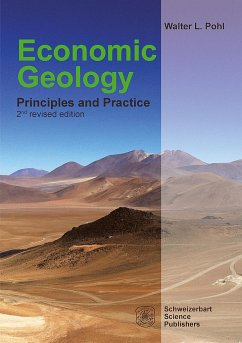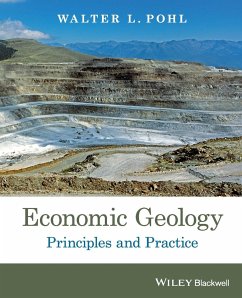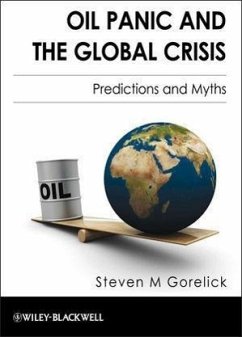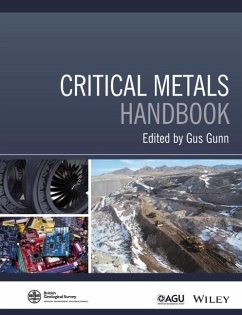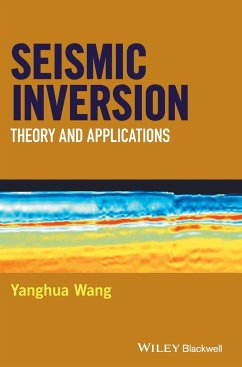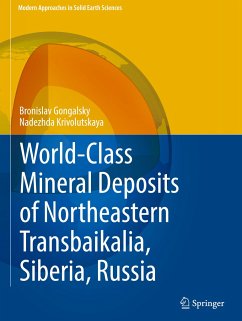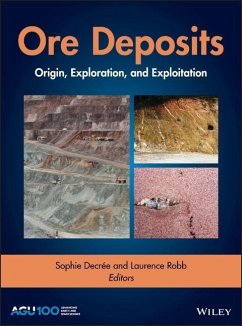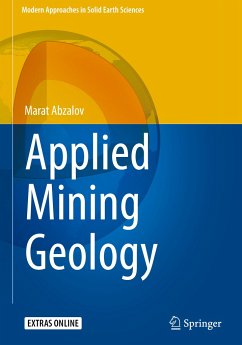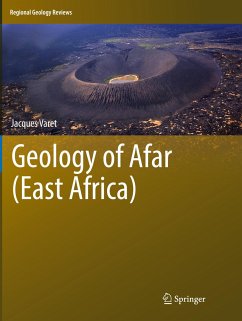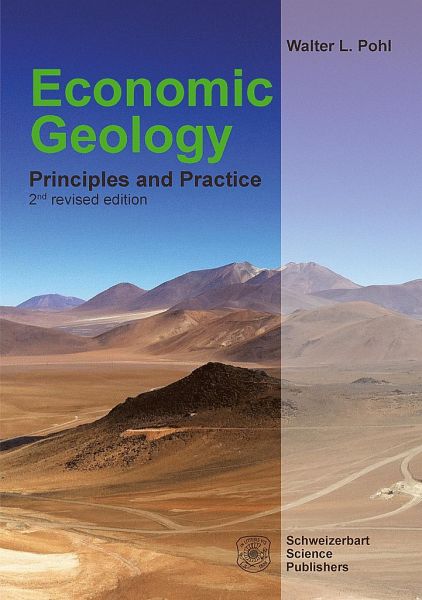
Economic Geology
Principles and Practice
Versandkostenfrei!
Sofort lieferbar
79,00 €
inkl. MwSt.
Weitere Ausgaben:

PAYBACK Punkte
0 °P sammeln!
This title is also available as hardcover edition. Since the 1st edition of this book was published, both science and practice of economic geology have advanced in great strides. Improvements in understanding the Earth's process systems that form raw material deposits are reflected in this revised second edition. The scientific ambition of the book is to place the extraordinary variability of mineral deposits into the framework of fundamental petrogenetic- geological process systems. The book covers the entire field of geology applied to mineral deposits, including industrial minerals, coal an...
This title is also available as hardcover edition. Since the 1st edition of this book was published, both science and practice of economic geology have advanced in great strides. Improvements in understanding the Earth's process systems that form raw material deposits are reflected in this revised second edition. The scientific ambition of the book is to place the extraordinary variability of mineral deposits into the framework of fundamental petrogenetic- geological process systems. The book covers the entire field of geology applied to mineral deposits, including industrial minerals, coal and hydrocarbons. Illuminating insights, for example, can be gained from sediments, rich in organic matter, that are primarily source rocks of conventional hydrocarbons, but also host unconventional oil and gas, and metal deposits. Numerous individual mineral deposits are presented as practical examples, covering reserve figures, ore grade, origin and geological characteristics. The principles of searching for ores and minerals (exploration), the study and valuation of newly found deposits, and environmental issues are treated in a separate chapter. The overview character enforces waiving much detail but for compensation, ample cross-references and references to web and printed sources are provided. The number of humans on our globe continues to increase and standards of living improve rapidly. Both contribute to a steadily rising consumption of raw materials. Economic geology is a central actor in satisfying this growing demand by exploration and mining, and by mediating social and environmental impacts. The text also discusses related issues that arise during the life cycle of a mine and after its closure, with an emphasis on sustainable and 'green' mining. Worldwide, students and teachers of economic geology and related disciplines will find the great lines of thinking and tangible information throughout the book. For professionals in mining and exploration, in intergovernmental and nongovernmental organizations (NGOs), the service sector and state administrations, current professional practice is introduced. About the Author Walter L. Pohl is Emeritus Professor and former Dean of the Faculty of Geosciences at the Technical University of Braunschweig, Germany, and a longtime consulting geologist in economic, engineering and environmental geology. For more information visit his homepage at http://www.walter-pohl.com.




